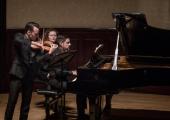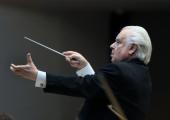Joanna MacGregor, Adrian Brendel, Gildas Quartet, Wigmore Hall review - gold and silver

Generosity all round in this charity concert for the Royal Society of Musicians
Startlingly high levels of expression and focused fire made this rich concert worthy of the dedicatee who radiated those qualities, Jacqueline du Pré.

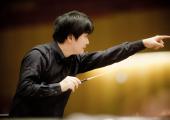
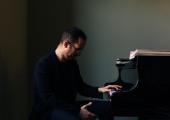

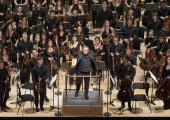

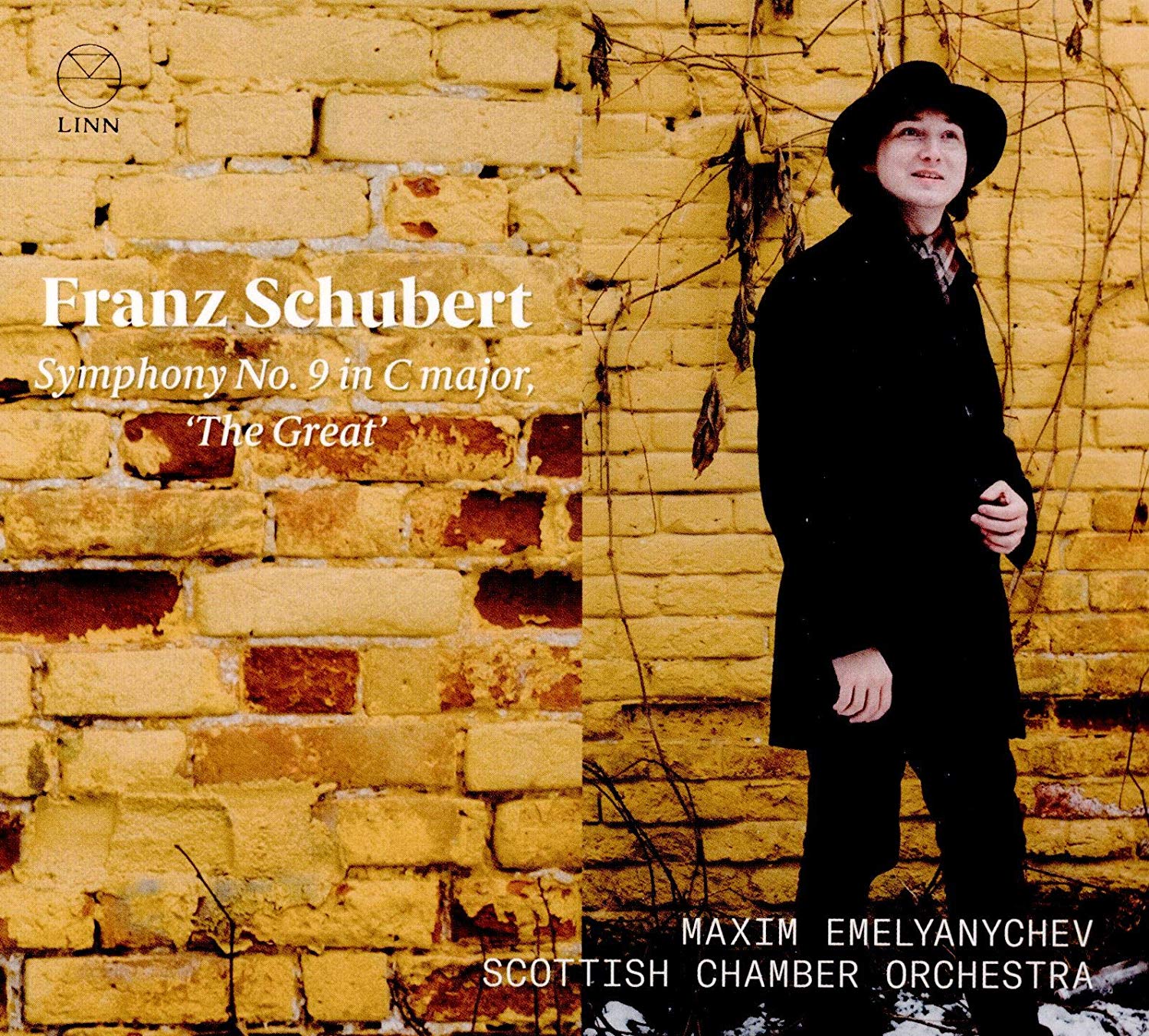 Schubert: Symphony No 9 Scottish Chamber Orchestra/Maxim Emelyanychev (Linn)
Schubert: Symphony No 9 Scottish Chamber Orchestra/Maxim Emelyanychev (Linn)
